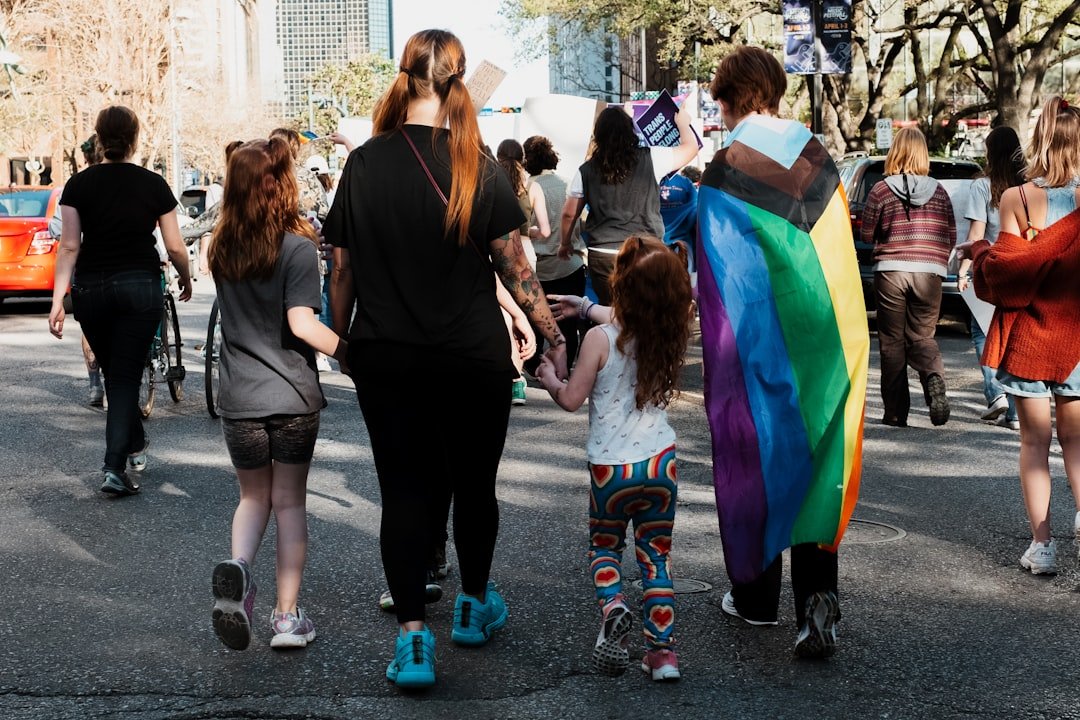
Members of the LGBTQ+ community facing substance use challenges often hesitate to pursue recovery due to pervasive societal stigma and potential mistreatment in conventional treatment environments. Fears of judgment or lack of understanding can exacerbate their difficulties, making it crucial to identify supportive options.
Fortunately, specialized recovery programs exist that cater to the unique needs of LGBTQ+ individuals battling addiction. These facilities offer tailored support to help navigate both substance issues and related mental health concerns. Here’s essential information to guide your decision-making process.
Understanding Specialized LGBTQ+ Recovery Programs
Specialized LGBTQ+ recovery programs are designed to assist those in the community dealing with addiction and co-occurring mental health conditions. The primary aim is to foster a safe, affirming space where individuals can openly address their experiences without fear of prejudice.
These programs typically include targeted activities, peer support networks, and therapeutic sessions geared toward LGBTQ+ participants. They emphasize building self-confidence, fostering healthy coping strategies, and exploring personal identity in a non-judgmental context. For instance, research from the National Institute on Drug Abuse indicates that tailored interventions can significantly improve outcomes for marginalized groups by addressing specific stressors like minority stress.
Identifying Inclusive Treatment Facilities
The top priority when selecting a recovery center is ensuring it embraces LGBTQ+ inclusivity. It’s vital that the staff are well-versed in community-specific issues and committed to delivering compassionate, equitable services.
To evaluate this, engage in discussions about the available services and how they incorporate elements such as gender expression, romantic preferences, and other relevant topics. Background data from organizations like The Trevor Project highlights that affirming environments can reduce relapse rates by up to 50% for LGBTQ+ individuals, underscoring the importance of this factor.
Exploring Available Recovery Options
It’s equally important to investigate the specific recovery approaches offered at these centers to ensure they align with your personal circumstances as an LGBTQ+ person. For example, some might focus on safe identity exploration or tackling external biases like anti-LGBTQ+ discrimination and self-image concerns.
Other facilities may specialize in particular dependencies, such as alcohol or narcotics, while some prioritize mental health conditions like anxiety or depression. Conducting thorough research and asking detailed questions beforehand will help confirm that the program supports your goals, drawing from evidence that personalized care enhances long-term sobriety rates, as noted in studies by the American Psychological Association.
Evaluating Practical Aspects
Don’t overlook practical elements like geographical proximity and financial accessibility when choosing a recovery facility. While online resources abound, opting for a nearby location can provide easier access for ongoing support.
Additionally, many centers offer flexible pricing models based on income, which can make high-quality care more attainable. According to data from the Kaiser Family Foundation, cost barriers affect a significant portion of the LGBTQ+ population, so inquiring about such options is a smart step to ensure affordability without compromising care quality.
Advantages of LGBTQ+ Focused Recovery Centers
LGBTQ+ recovery centers deliver distinct advantages for those grappling with addiction or misuse issues. They are attuned to the particular hardships encountered by community members, allowing for more empathetic and relevant interventions compared to standard facilities.
These centers often provide enhanced resources, including dedicated support circles and connections tailored to LGBTQ+ experiences. They also feature customized therapy and educational sessions that contextualize addiction within queer life, helping individuals gain deeper insights. For example, a report by SAMHSA shows that participants in affirming programs report higher satisfaction and better mental health outcomes, making these centers a vital resource.
Navigating the search for an effective LGBTQ+ recovery center doesn’t have to feel overwhelming. By thoroughly examining aspects like inclusivity policies, program offerings, location convenience, and cost options, you can feel assured in selecting a facility that provides specialized, compassionate support for overcoming addiction. Armed with this knowledge, your journey toward healing becomes more approachable and empowered.




